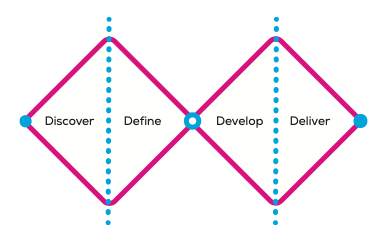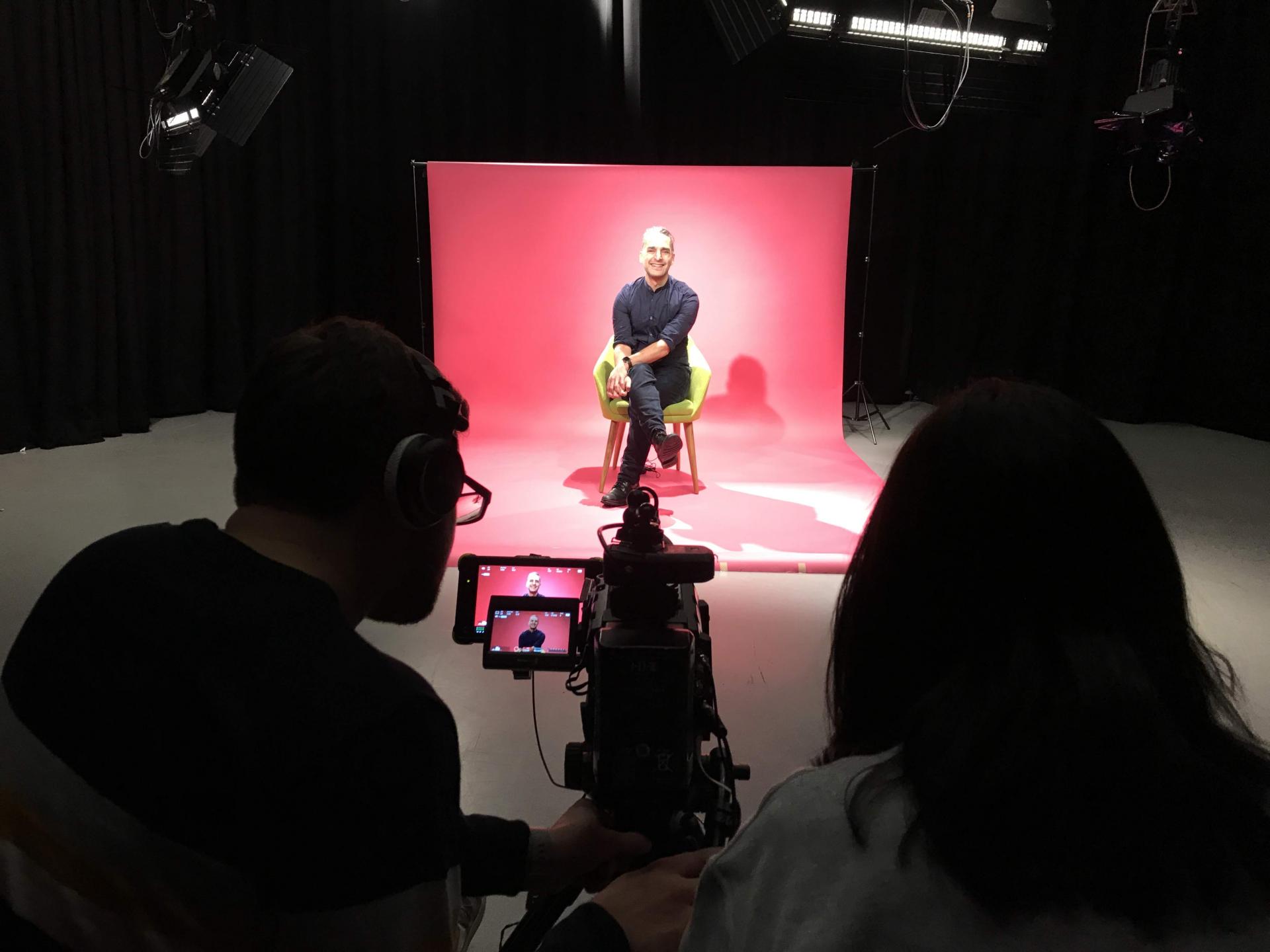Over the last four months, Monnow Media’s Shirish Kulkarni and Clwstwr Co-Director, Robin Moore, have been involved in the R&D phase of Festival UK* 2022. They were part of a multi-disciplinary team, led by National Theatre Wales, which also included representatives from across the arts, science and technology sectors. Here, Shirish explains what he learnt from a particularly unique research and development experience.
Festival UK* 2022 is a collection of ten large-scale public engagement projects designed to showcase the UK’s creativity and innovation to the world. The brief was simply to be “Open, Original and Optimistic”. 30 teams from across the UK were involved in the initial R&D phase, with ours being one of two teams bidding for selection as the Welsh project.
Amongst other things, I’m employed as a Community Organiser at the Bureau of Investigative Journalism and so I believe deeply in the value of collaboration and connection to inspire and bring about social change. I was therefore keen to see how an R&D process involving so many superficially disparate (and, in these pandemic times, physically disconnected) individuals might work. How would it be possible to create shared understandings? This is what I discovered.
Firstly, it’s not easy but it is possible. Bringing 12 artists, technologists and scientists together creates an extraordinary opportunity, but the sheer breadth and range of experience, knowledge and creativity means that sometimes there will be tensions, disagreements and simple differences of opinion. People approach problems from different perspectives, use different language and have different things that are important to them. That’s the beauty of bringing together a genuinely diverse team, but also the challenge.
Those points of tension are natural, and are often where the best ideas develop, but what quickly became clear to me was that the most crucial skills in a process like this are in the holding of spaces - convening, listening and including. These are often called “soft” skills, but in an increasingly polarised world they should be perhaps be central to everything we do. We spend so much time learning to speak or read, but how much time do we spend learning to listen? The very best creativity comes out of spaces where listening is regarded as at least as important as speaking, and everyone is included - not just those with the loudest voices.
In convening those spaces, it’s also important to consider the tools you use. We used a broad mix of Zoom, Slack, Miro, Google Drive and email, and while different applications gave people a range of ways to express themselves, none of these are truly accessible. We were hampered by a very tight timeline, but it’s clear that across the creative industries that just having “diverse” teams will never be enough if we can’t create tools and spaces that enable everyone to engage and participate on an equal footing.
The second thing that I learnt is that artists are very good at R&D. I think many outside the creative world have a perception that theatre makers or writers are terribly precious about their ideas and work and won’t brook any criticism. My experience of the Festival UK* 2022 R&D process suggests that couldn’t be further from the truth.
In fact, the artists in our team work very similarly to the way that Clwstwr cohort members are taught by the PDR team at Cardiff Metropolitan University. Sharing thoughts as we attempted to come up with the focus of our final project, it was the artists who were most willing to throw as many ideas as possible at the wall to see which ones stuck. They were also the most open to criticism or modification of those ideas, and also the most expert - once we’d found our guiding principle - at turning that overarching concept into something that could be delivered in practice.
As I reflected on that process, I was reminded of the double diamond design process - most often used in R&D for products. In this process, you first go “wide” as you research what the problem is, before narrowing back down once you’ve clearly defined the key task. You then go wide again as you design and test your solution, before honing-in on your answer.

When you think about it, it makes sense that artists would be experts in this kind of process, as it matches exactly how you would go about workshopping a play or a piece of writing. As part of that work, you have to become very un-precious about your contributions, because you have to be prepared to throw away lots of ideas you might be really attached to, and let go of some of your ego in the service of the broader collaborative work.
Finally, I learnt how valuable it can be to work outside of our normal contexts - to be exposed to different ideas and learn to think more creatively as a result. In our education and work lives we’re often forced down narrow corridors and end up operating within very tightly limited parameters.
Most of us have a much wider range of thoughts, interests and ideas than we’re often allowed to express, and we’d benefit as a society if more of our work was collaborative and interdisciplinary.
Learning how people working in other fields approach a problem, in very different ways, is an incredibly powerful experience and one that’s had a huge impact on how I do my own work.
My experience of the Festival UK* 2022 project has been that it has been one of the most genuinely inclusive processes I’ve been involved with and has tangibly celebrated and represented a really diverse range of ideas and experiences. The inspiration events run by the central Festival team featured voices from across the creative spectrum - Bernardine Evaristo, Nile Rodgers, Stephen Daldry, David Olusoga and Pussy Riot’s Nadha Tolokonnikova to name just a few. Each session was genuinely accessible and those principles of inclusion and representation are clearly central to how the project will develop.
Those principles were also central to our R&D, and we’re delighted to have been chosen to deliver a project which will be collaborative, inclusive, fundamentally Welsh at heart and global in its vision. We’re really looking forward to being able to reveal more details of exactly what we’re going to do and (just as importantly) how we’re going to do it, later in the year.
I’ve learnt so much from the process, and I think every industry could gain from taking a more open and interdisciplinary approach to R&D. If, through projects like ours, we can build a better, bolder and more creative future, then we will have done what we set out to do.
*working title

